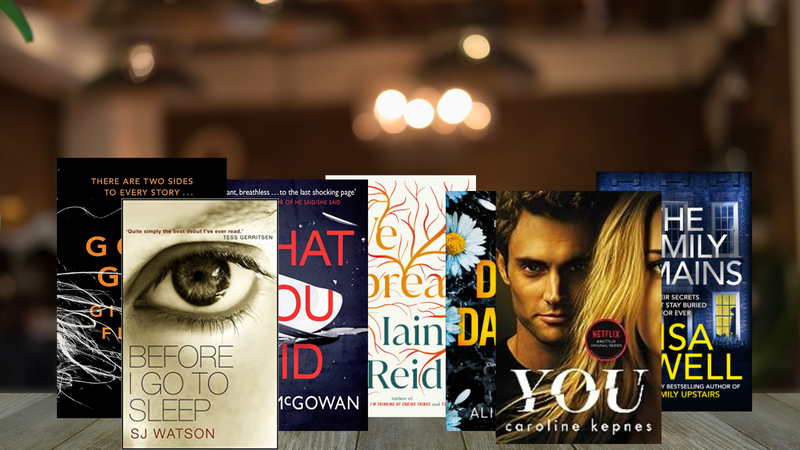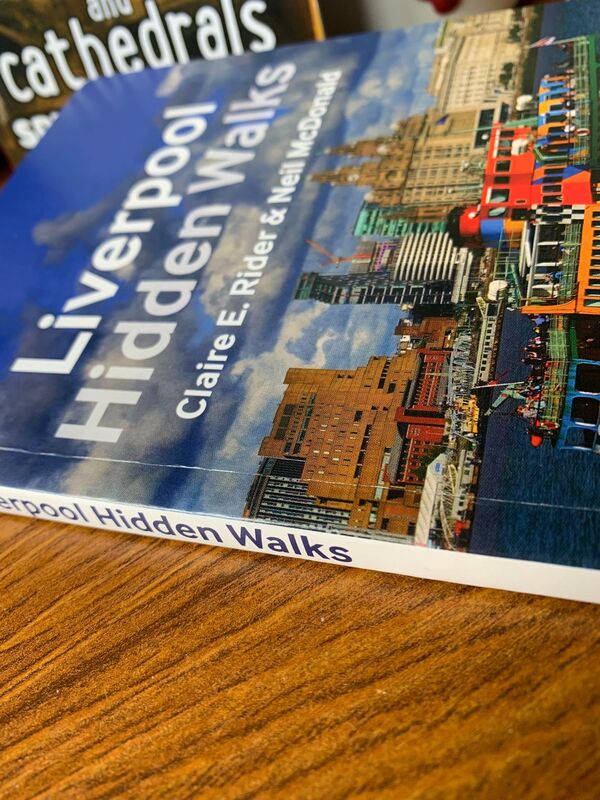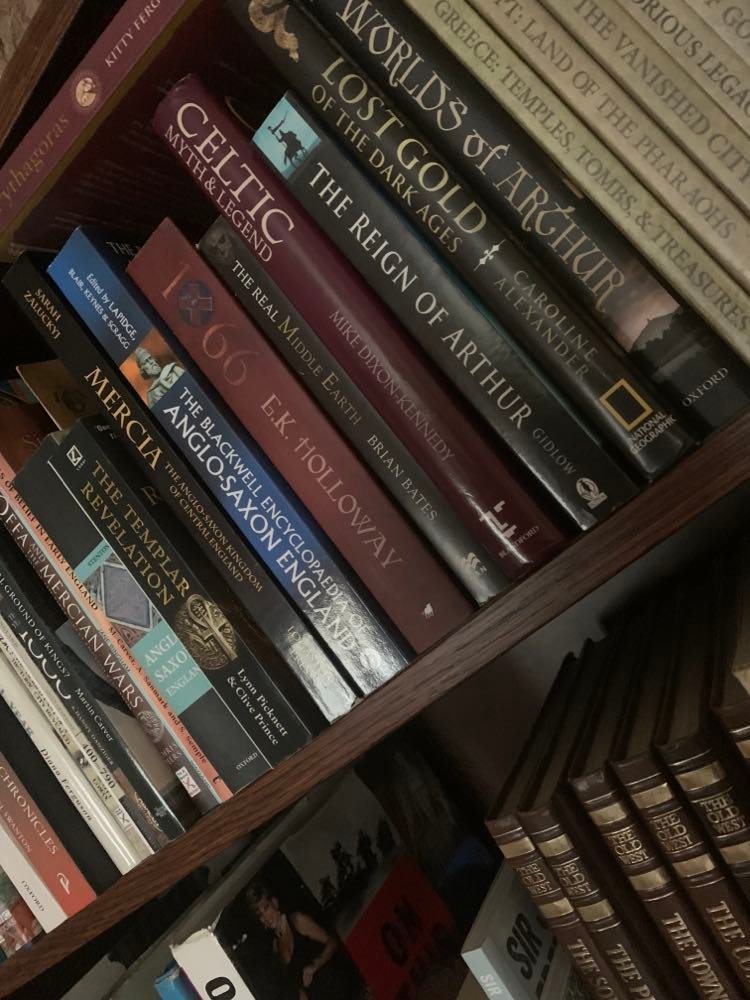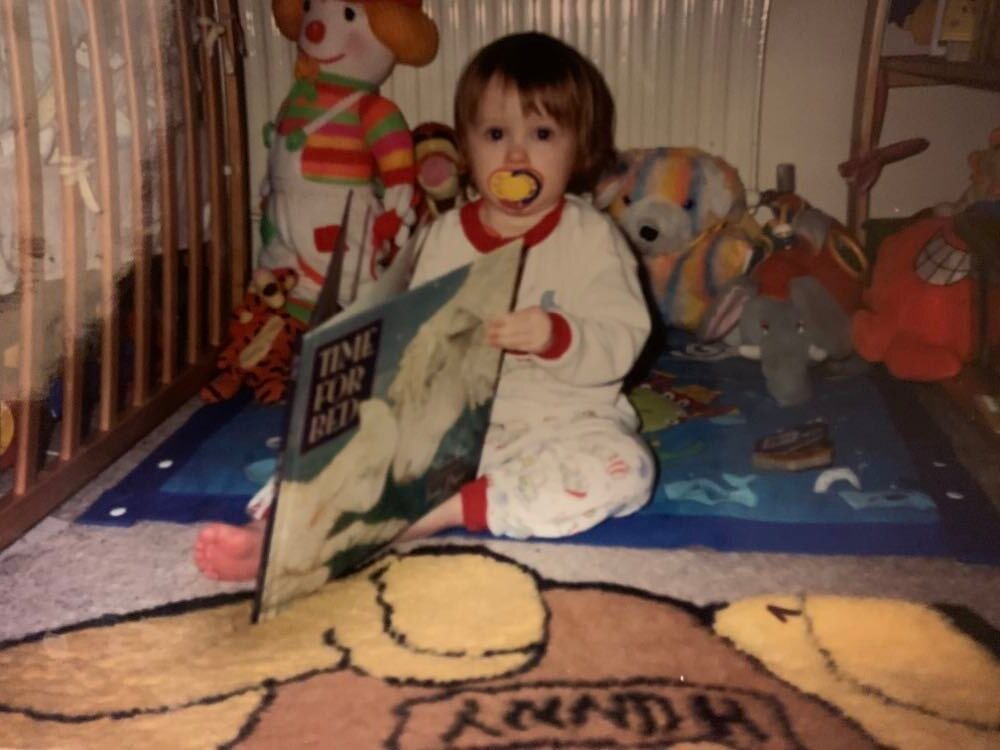|
6/3/1991 American Psycho by Bret Easton Ellis
American Psycho is the modern equivalent of The Great Gatsby, where money is king and shallow appearances are the only thing that matter. Where Gatsby focuses on the American Jazz era, Psycho is the Yuppie (Young, Upwardly-mobile Professional) decade of the 1980s, set in Wall Street, New York, at the time of the great economic boom.
The first half of the book demonstrates, in great tedious detail, the superficial lifestyle of the wealthy. Every character in every scene is described by their designer clothes, from their sunglasses to their underwear and socks; grooming and television rituals; where and what they eat in expensive trendy restaurants and hotels; their crass and vacuous conversations about other rich people and how to match handkerchiefs and socks.
However, underneath this frivolity is a very dark and disturbing theme. There is plenty of wealth but no value. Racism is cruelly obvious as the homeless and low-paid workers are not part of the Yuppie elite and are ridiculed, mutilated and murdered for no other reason than that. The grotesque objectification of women is taken to the level where they are literally bought and treated as things to be used and discarded in obscene scenes of depravity and horror. The protagonist talks about how he would like to murder, or has murdered or tortured people, but none of his peers listens or takes him seriously. There are frequent cases of mistaken identity or name confusion. Characters swap partners as there are no emotional bonds. None of this matters because everyone is the same and therefore interchangeable. As the story develops, the violence, obscenity and murder increase. Sometimes the protagonist feels as if he is a film, another superficial and fake version of reality, and he refers to himself in the third person with exciting action scenes typical of Hollywood. He is not sure what has taken place is in his head or not and tests his peers about missing persons he believes he has murdered. He obviously thinks the ramifications would be more satisfying or at least acknowledged. This is very much an anti-materialistic tale. These characters have everything money can buy, but they are empty and hollow inside, devoid of love, compassion and fulfilment. Perhaps torture and murder is a way to connect with the living and life because the designer clothes and gadgets don't fill the hole. What is missing is a heart, something the American Psycho, the consumerist capitalist, does not have.
Published by Vintage on 6 March 1991.
|
See my reviews for Kala by Colin Walsh and Emperor of Rome by Mary Beard.
Book Search
<
>
CategoriesAll images copyright A.J. Sefton 2024. Model: Amanda Pennington. Date of Publication
July 2024
Anthologies and Collaborations
Andersen, Knausgaard, Lagerlof, Hjorth A Scandinavian Christmas
Baddiel, Skinner, Lightning Seeds Three Lions: Football's Coming Home
Bloomsbury Yearbooks Writers' & Artists' Yearbook
Brownlie, Woolf Why Do People Fight Wars?
Collins Michelin I-Spy Guides I-Spy Castles: Spy It! Score It!
Lonely Planet Your Trip Starts Here: Journeys of self-discovery
Collins; Hermes Gowar; Pulley; Kidd; Michael Hurley; Macneal; Purcell; Millwood Hargrave; Turton; Ward; Shepherd-Robinson; Stokes-Chapman The Winter Spirits: Ghostly Tales for Frosty Nights
A
Abbott, Rachel The Sixth Window
Abdullah, Kia Truth Be Told
Adams, Max The King in the North: The Life and Times of Oswald of Northumbria; In the Land of Giants: Journeys Through the Dark Ages
Adams, Richard The Plague Dogs; The Ship's Cat
Alexander, Claire Meredith, Alone
Andrews, Jessica Saltwater
Atherton, Carol Reading Lesson: The books we read at school, the conversations they spark and why they matter
Atwood, Margaret Cut and Thirst
B
Banville, John April in Spain; The Lock-Up
Barker, Pat The Ghost Road
Barnes, Julian The Sense of an Ending
Barstow, Stan A Kind of Loving
Beard, Mary Emperor of Rome
Benchley, Peter Jaws
Benedict, Alexandra Murder on the Christmas Express
Berneries, Louis de Light Over Liskeard
Bennett, Robin Fantastic Football
Benson, Jen and Sim Great British Walkies
Berridge, Vanessa Garden Heaven: Inspiration and Escapism for Every Gardener
Bilston, Brian 50 Ways to Score a Goal and other poems
Black, Maggie The Medieval Cookbook
Blake, Matthew Anna O
Blatty, William Peter The Exorcist
Bolton, Sharon Little Black Lies
Boyd, Douglas Plagues and Pandemics
Bradbury, Ray Fahrenheit 451
Bradley, Nick The Cat and the City
Brandon, Nathaniel The Six Pillars of Self-Esteem
Brittain, Vera Testament of Youth
Brolly, Matt The Running Girls
Brown, Michael A Guide to Medieval Gardens: Gardens in the Age of Chivalry; Medieval Plants and their Uses
Budewitz, Leslie The Christmas Stranger
Burgess, Anthony A Clockwork Orange
Burns, Anna Milkman
Butterworth, Nick One Snowy Night: A Percy the Park Keeper Story; Amanda's Butterfly
C
Campbell, Michele A Stranger on the Beach
Camus, Albert The Outsider
Candlish, Louise The Swimming Pool
Carle, Eric The Very Hungry Caterpillar
Carrisi, Donato The Whisperer's Game
Carver, Martin Sutton Hoo: Burial Ground of Kings?
Castillo, Javier The Snow Girl
Christie, Agatha And Then There Were None
Cleeves, Ann The Heron's Cry
Cline, Ernest Ready Player One
Coeur, James Dance of the Rainmakers
Coleman, Keith J. The Afterlife of King James IV
Cornwell, Bernard The Last Kingdom; Sword of Kings; Uhtred's Feast: Inside the World of the Last Kingdom
Cowper, Frank Christmas Eve on a Haunted Hulk
Cummins, Fiona When I Was Ten;
D
Dean, Abigail Girl A
Dean, Will First Born
Deary, Terry Terrible True Tales: Romans; Terrible True Tales: Egyptians
Denzil, Sarah A. Silent Child
Diamond, Katerina The Teacher
Dolman, Gary The Eighth Circle of Hell
E
Eastham, Kate The Liverpool Nightingales
Edwards, Mark The Magpies; What You Wish For; Follow You Home; The Devil's Work; The Retreat; Killing Cupid; Here To Stay; The House Guest; The Hollows; Keep Her Secret
Eisler, Barry The Killer Collective
Elborough, Travis Atlas of Vanishing Places
Ellis, Bret Easton American Psycho
Ellis, Joy An Aura of Mystery
Esiri, Allie A Poem for Every Night of the Year (editor)
F
Farrell, Matthew I Know Everything
Faulks, Sebastian Birdsong
Fenton, Reuven Goyhood
Fielder, Hugh Pink Floyd: Behind the Wall
Figes, Orlando The Story of Russia
Filer, Nathan The Shock of the Fall
Finn, A.J. The Woman in the Window
Finney, Clare Hungry Heart
Fitzharris, Lindsey The Facemaker
Flanders, Judith Christmas: A History
Flynn, Gillian Sharp Objects; Dark Places; Gone Girl; The Grownup
Ford, Richard Sorry For Your Trouble
Franchetti, Livia Shelf Life
Frank, Anita The Lost Ones
French, Dr. Ryan The Sun: Beginner's Guide to Our Local Star
Friend, William Let Him In
G
Garcia, Miki The Caribbean Irish: How the Slave Myth Was Made
Galvin, Anthony Death and Destruction on the Thames in London
Gennoe, Dan All Neon Like Love
Glasfurd, Guinevere The Year Without Summer
Gold, Robert Ten Seconds
Goldin, Megan The Night Swim
Golding, William Lord of the Flies
Gray, Daniel The Silence of the Stands
Gray, Philip Two Storm Wood
Gresham, William Lindsay Nightmare Alley
Griffiths, Elly Now You See Them
H
Haddon, Mark The Curious Incident of the Dog in the Night Time
Haig, Matt The Midnight Library
Halsall, Rona The Ex-Boyfriend
Hammad, Isabella The Parisian
Hanington, Peter A Single Source
Hardinge, Francis Deeplight
Hart, Andrew The Woman in Our House
Hawkins, Paula The Girl on the Train
Healey, Jonathan The Blazing World: A New History of Revolutionary England
Henriquez, Cristina The Great Divide
Hislop, Malcolm A Guide to the Medieval Castles of England
Holmes, Marianne All Your Little Lies
Horst, Jorn Lier Dregs
Hubbard, Ben Lost at Sea! Shipwrecks
Hurley, Graham Limelight
Hutchinson, Gillian Sir John Franklin's Erebus and Terror Expedition
Huxley, Aldous Brave New World
I
Iggulden, Conn Wars of the Roses: Stormbird; The Gates of Athens
Irving, Washington The Legend of Sleepy Hollow; Old Christmas
J
Jackson, Shirley The Haunting of Hill House; We Have Always Lived in the Castle
James, Henry The Turn of the Screw
James, Linh Le #Toots
James, Maggie Blackwater Lake
Jensen, Louise The Intruders
Jewell, Lisa The Family Upstairs; The Night She Disappeared; The Family Remains; None of this is True
Jones, Terry Terry Jones' Medieval Lives
K
Kabler, Jackie The Vanishing of Class 3B; The Life Sentence
Kane, Ben Spartacus, The Arena; The Shrine; Lionheart
Katz, Ani A Good Man
Kaufman, Andrew E. Twisted
Kawaguchi,Toshikazu Before the Coffee Gets Cold
Kay, Adam Twas the Nightshift Before Christmas
Kay, Susan Legacy
Keegan, Claire Small Things Like These
Kelly, Erin He Said/She Said
Kent, Anna The House of Whispers
Kern, Adam I Am the Secret Footballer
Kindelsperger, Kim Creepy Kitchen
Koepp, David Aurora
Koontz, Dean The Bad Weather Friend
Kostova, Elizabeth The Historian
Kuang, Rebecca F. Yellowface
Kunzru, Hari Red Pill
Kwon Yeo-sun Lemon
L
Lake, Cathy The Country Village Allotment
Lanchester, John The Wall; Reality and Other Stories
Lea, Zoe The Secretary
Lefteri, Christy The Beekeeper of Aleppo
Leitch, Fiona A Cornish Christmas Murder
Leky, Mariana What You Can See From Here
Levy, Deborah The Man Who Saw Everything
Leyser, Henrietta Beda: A Journey Through the Seven Kingdoms in the Age of Bede
Leyva, Jasmine The Invisible Vegan (documentary)
Lynch, Paul Prophet Song
Linley, Sarah The Wedding Murders
Logan, T.M. Lies; Trust Me
Lonsdale, Kerry Last Summer
Lowe, Katie The Furies
M
Maalouf, Amin On the Isle of Antioch
MacDonald, Elizabeth A Matter of Interpretation
Maginn, Simon Sheep
Mancini, Ruth The Woman on the Ledge
Mark, David Suspicious Minds
Marquez, Gabriel Garcia One Hundred Years of Solitude
Marston, Edward The Railway Detective's Christmas Case
Martel, Yann Life of Pi
Martia, Astron Del One Against Time
Martin, Claudia Ancient Rome: Visual Explorer Guide
Matthews, David Voices of the Windrush Generation
Mayhew, Mickey House of Tudor: A Grisly History
McCann, Colum Apeirgon
McDonald, Helen H is for Hawk
McGowan, Claire What You Did; The Other Wife; The Push
Melville, Herman Moby Dick
Meredith, Harry Marcus Rashford: Football Rising Stars
Michaelides, Alex The Silent Patient; The Maidens
Michallon, Clemence The Quiet Tenant
Miller, Suzie Prima Facie
Mitchell, Caroline Silent Victim; Left For Dead
Moncrieff, Ada Murder at the Theatre Royale
Moreton, Cole The Light Keeper
Morgan, Sarah The Christmas Escape
Morrison, Dorothy Yule: A Celebration of Light & Warmth
Mosse, Kate The Taxidermist's Daughter;
Mulrooney, Greta Never Came Home
Murray, Paul The Bee Sting
Myers, Benjamin The Gallows Pole; The Offing; The Perfect Golden Circle; Male Tears; Cuddy; Rare Singles
Myers, Dr. Rebecca Inside Job Anthologies and Collaborations
National Trust - Britain's Landmarks and Legends; The Shell Spotter's Guide; 100 Words for Rain; National Trust on Screen: Discover the Locations that made Film & TV Magic; Garden Heaven
Pride, Piazza We Are Not Like Them
Sadler, Serdiville Cromwell's Convicts: The Death March from Dunbar in 1650
Samuels, Olorunnipa His Name is George Floyd
Shibata, Kawakami, Ito, Murakami, Matsuda, Furukawa, (authors) Goossen, Taylor (editors) MONKEY volume 2
Zimbardo, Johnson Psychology According to Shakespeare: What You Can Learn about Human Nature from Shakespeare's Great Plays
N
Nancollas, Tom The Ship Asunder: A Maritime History in Eleven Vessels
Napolitano, Ann Dear Edward
National Geographic [Kids] Everything Anglo-Saxons: Unearth History with Facts, Photos and Fun
Natsukawa, Sosuke The Cat Who Saved Books
Nesbo, Jo The Snowman
Netley, Rebecca The Whistling
Neuvel, Sylvain Only Human
Norman, Philip Shout! The True Story of The Beatles
Nugent, Ashleigh Locks
O
O'Brien, Anne A Tapestry of Treason
O'Farrell, Maggie Hamnet
Osman, Richard The Thursday Murder Club
Oyeyome, Helen Gingerbread
P
Parsons, Tony #Taken; The People Next Door
Patchett, Ann The Dutch House
Patterson, James Criss Cross
Paver, Michelle Wakenhyrst
Peers, Chris Offa and the Mercian Wars
Pert, Rebecca Still Water
Pinborough, Sarah Insomnia
Pobi, Robert City of Windows
Post, Andrew Chop Shop
Postorino, Rosella The Women at Hitler's Table
Price, Rosie What Red Was
Q
Quinn, Frances The Smallest Man
R
Raisin, Ross God's Own Country
Ramos, Joanne The Farm
Ramos, Kate Plant Powered Mexican
Rashford, Marcus You Are a Champion
Reeves, Alex The Anarchists' Club
Reid, Iain We Spread
Remarque, Erich Maria All Quiet on the Western Front
Rennison, Nick 1922: Scenes From a Turbulent Year
Richardson, Nigel The Accidental Detectorist: Uncovering an Underground Obsession
Robertson, C.S. The Undiscovered Deaths of Grace McGill
Rooney, Sally Normal People
Roper, Richard Something to Live For
Rosen, Michael Many Different Kinds of Love
Rowling, J.K. Harry Potter and the Philosopher's Stone; Harry Potter and the Chamber of Secrets; Harry Potter and the Prisoner of Azkaban; Harry Potter and the Goblet of Fire; Harry Potter and the Order of the Phoenix; Harry Potter and the Half-Blood Prince
Royce, Deborah Goodrich Finding Mrs Ford
Rudd, Alyson The First Time Lauren Paling Died
Russell, Kate Elizabeth My Dark Vanessa
S
Sacks, Michelle The Dark Path
Salinger, J.D. The Catcher in the Rye
Sapkowski, Andrzej Blood of Elves.
Scales, Dr Helen The Shell Spotters' Guide
Scott, Anika Finding Clara
Sefton, A.J. Growing In Damp Places
Selman, Victoria Truly, Darkly, Deeply
Sigurdardottir, Yrsa The Absolution
Simmons, Dan The Terror
Simms, Laura Looker; How Can I Help You
Singer, Brett The Petting Zoo
Skalietska, Yeva You Don't Know What War Is
Slaughter, Karin False Witness
Smith, Scott A Simple Plan
Smith, Wilbur Call of the Raven
Smith, Zadie Grand Union
Stevenson, Benjamin She Lies in the Vines
Stockham, Alison The Cuckoo Sister
Stoker, Bram Dracula
Stokes-Chapman, Susan The Shadow Key
Strang, Em Quinn
Strauss, Barry Ten Caesars
Stuart, Amy A Death at the Party
Stuart, Douglas Shuggie Bain
Swift, Graham Last Orders
T
Tan Twan Eng The Garden of Evening Mists; The House of Doors
Tartt, Donna, The Goldfinch
Taylor, Pamela Pestilence
Thaine, Craig Teaching and Developing Writing Skills
Tierney, Marie Deadly Animals
Tolkien, J.R.R. Letters From Father Christmas
Trafford, J.D. Without Precedent
Turow, Scott The Last Trial
Tyce, Harriet A Lesson in Cruelty
V
Valentine, Danielle Delicate Condition
Vatner, Jonathan Carnegie Hill
Vaughan, Sarah Anatomy of a Scandal
Vegara, Maria Isabel Sanchez Jurgen Klopp
Venning, Timothy Royal Mysteries of the Anglo-Saxons and Early Britain
Vonnegut, Kurt Slaughterhouse Five
W
Walker, Nico Cherry
Walker, Rosie The House Fire
Walsh, Colin Kala
Ward, Catriona The Last House on Needless Street
Ware, Ruth The Tale of Mrs Westaway; The Woman in Cabin 10; The It Girl
Watson, S.J. Final Cut
Weston, Kate Murder on a School Night
Whitehead, Colson The Nickel Boys
Whitehead, Richard The Times World Cup Moments
Wildwood, Rob Magical Britain: 650 Enchanted and Mystical Sites
Willder, Louise Blurb Your Enthusiasm: An A-Z of Literary Persuasion
Williams, C.K. The Woman at No. 13
Williams, J. T. Portraits and Poison
Williams, Ursula Moray Gobbolino the Witch's Cat
Wilson, Antoine Mouth to Mouth
Wilson, Ryan Let That Be a Lesson
Wimpenny, Jo Aesop's Animals
Wood, Michael The Mind of a Murderer
Wood, Naomi The Hiding Game
Woods, Evie The Lost Bookshop
Woods, Hannah Rose Rule Nostalgia: A Backwards History of Britain
Woolf, Jo Britain's Landmarks and Legends
Woolf, Virginia A Room of One's Own; To the Lighthouse; How Should One Read A Book?
Z
Zusak, Markus The Book Thief
Number of reviews available: 447. Reviews are organised by publication date.
Header image: Brizlincote Hall Farm, Burton-upon-Trent by A.J. Sefton
|
What I'm Writing - Novels by A.J. Sefton
|
Be the first to read the next A.J. Sefton novel
Personal information such as email and subscriber information, is never shared or sold to third parties. You may unsubscribe from our mailing list at any time.
|
As a Waterstones and Amazon Associate, commission is paid on qualifying purchases. This does not affect the price of goods or the impartiality of this site.
|
© Copyright 2012-2024 A.J. Sefton
|
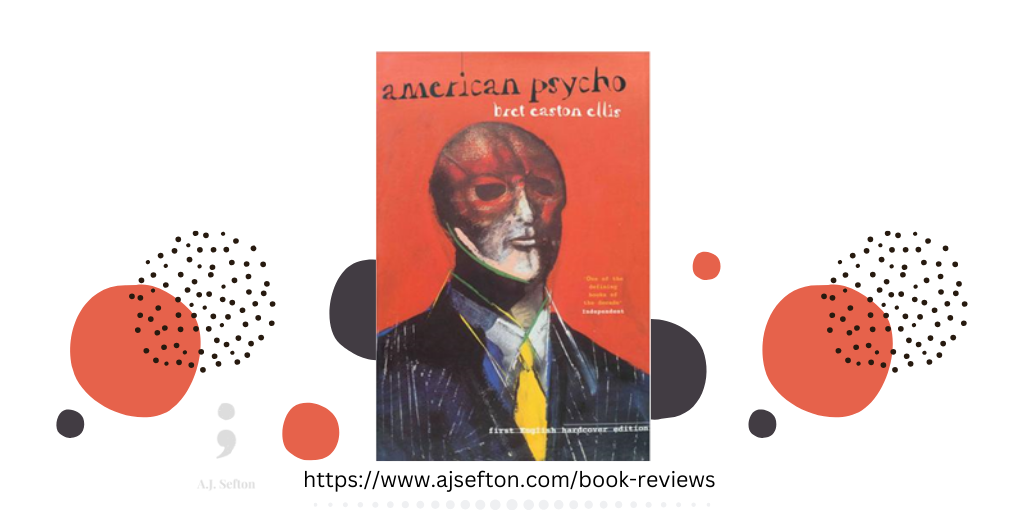


 RSS Feed
RSS Feed




